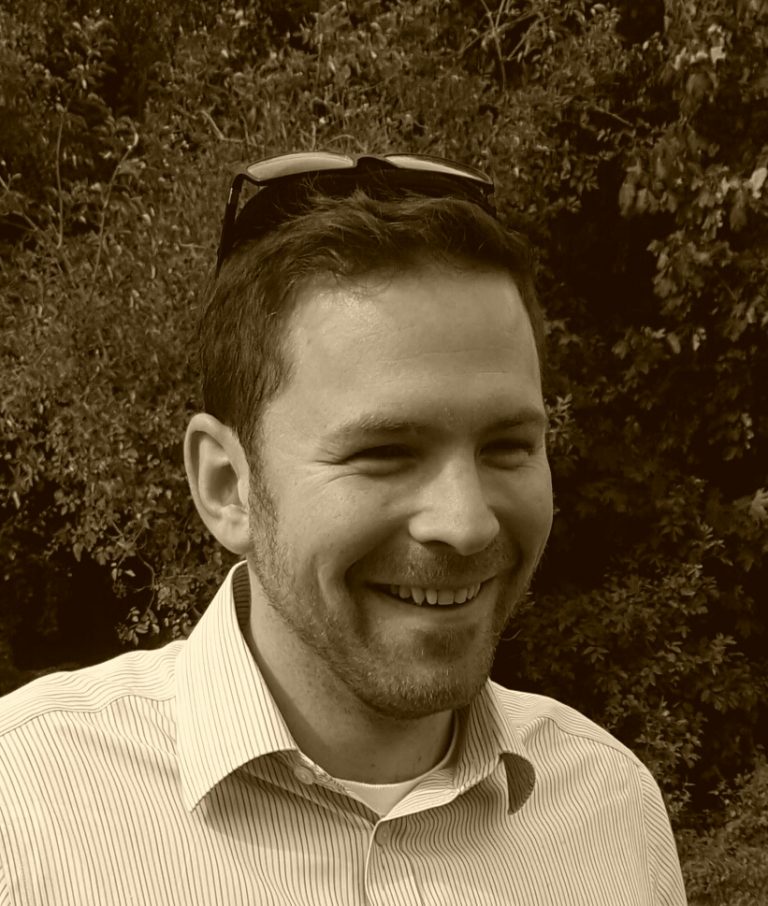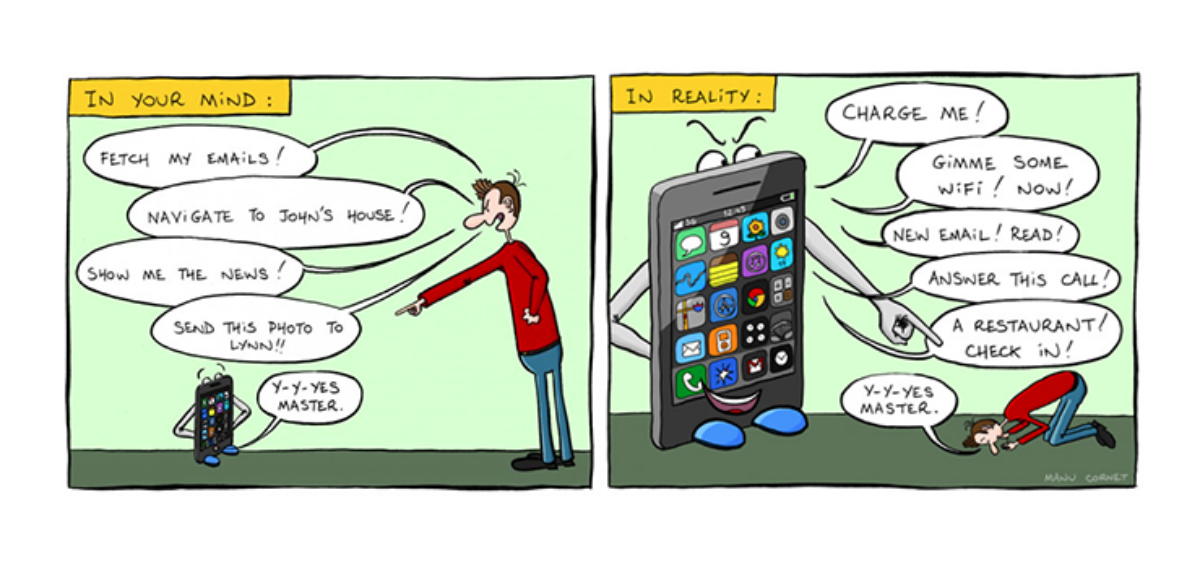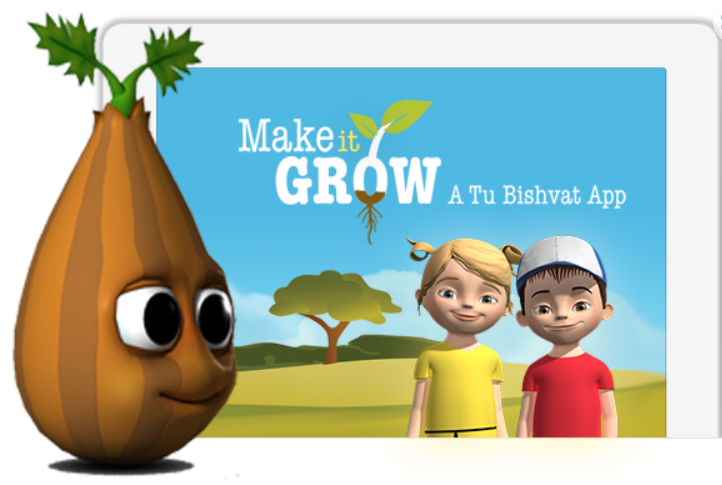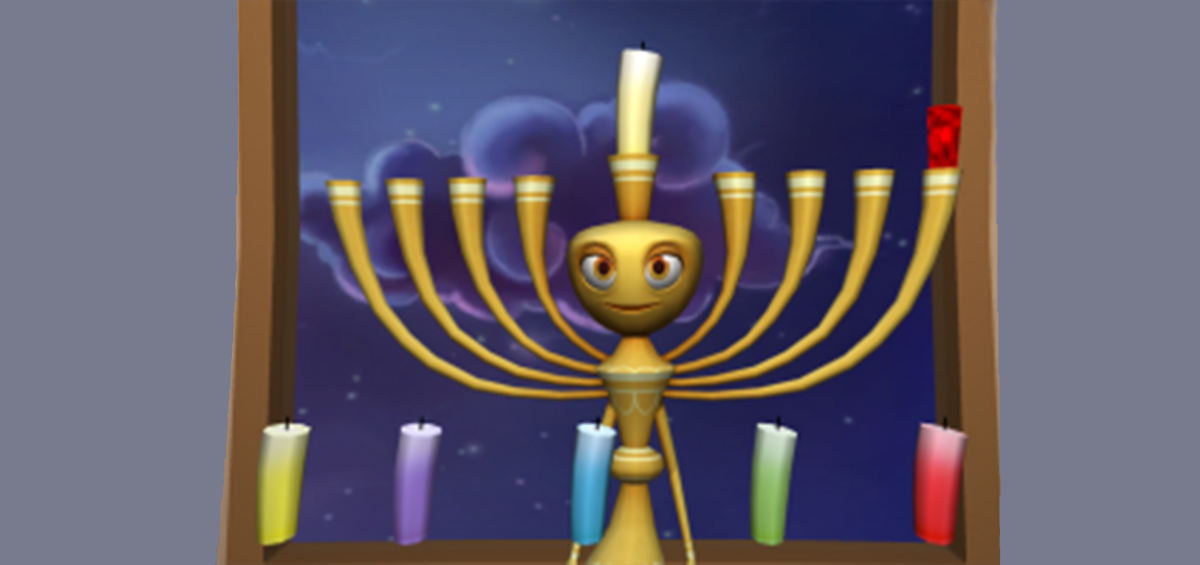Written by Sammy Morhaim
Who is Tristan Harris?
Called the “closest thing Silicon Valley has to a conscience,” by The Atlantic magazine, Tristan Harris was previously a Design Ethicist at Google and left to lead Time Well Spent, a non-profit movement to align technology with our humanity. Time Well Spent aims to transform the race for attention by revealing how technology steers two billion people’s thoughts and choices, and by demonstrating how new incentives and design practices can transform our technology environment to align with our best interest.
Tristan has spent a decade researching what influences our minds, drawing on insights from sleight of hand magic, linguistics, persuasive technology, cult psychology, behavioral economics and more. Currently he is developing a framework for ethical persuasion, especially as it relates to the moral responsibility of technology companies.”
What’s he got to do with Rosh Hashanah?
Tristan Harris is an advocate for the positive use of technology and at the same time he lobbies for it not to control us and our humanity.
He has delivered many fascinating talks and lectures such as this one on TED-
Distracted? Let’s make technology that helps us spend our time well | Tristan Harris | TEDxBrussels and this one entitled: Social Media’s Dark Side: How Facebook and Snapchat Try to Steal Our Self-Worth, both of which I strongly recommend viewing.
What is Rosh Hashanah? Rosh Hashanah is known as the Jewish New Year. However, looking through the prayer service, you will find several themes that you may not have been aware of.
One of those themes is that of coronating G-d as king of the universe and acknowledging that The Almighty is in control.
In Jewish thought one of the questions that is discussed is the idea of ‘serving G-d’. If G-d has everything, why would He need me to serve Him?
This question is way beyond the scope of this blog or one that my credentials would qualify me an authority to answer, however I do think about it and this is how I approach it.
At any moment each of us serves something. Either we serve something outside of ourselves or we serve ourselves. When I serve myself, if I contemplate it a little, I will come to discover that I am in fact subservient to my desires, whose appetite is never satisfied. On the other hand if I serve G-d, the struggles that come with the self control and limitation, help me build my character especially in the area of humility.
On Rosh Hashanah, Jews believe humanity is judged based on our good and bad actions of the previous year. Sin is closely related to self service and the investment in momentary pleasure. Whereas Mitzva (G-dly instruction) relates to the focus on G-d or others and the greater good for humanity. What emerges from self service is that we believe we are in control of our lives, when in truth we are being controlled.
I once heard the following parable;
A great Emperor awoke one night to the smell of a cigar that was still alight on the dressing table situated at the far end of the bedroom. The smell aroused his addiction and he walked sleepily towards it. On his approach an overwhelming wave of tiredness encouraged him to make an about turn and head back to his warm and welcoming bed. Three steps towards his new destination a profound thought entered his mind. ‘I am a mighty Emperor ruler of great men and nations yet in these brief few moments I have been manipulated by both a cigar and my bed!’
Tristan Harris is on a mission to “align technology with our humanity..” to use technology to enhance and not diminish who we are. In one of his talks he speaks about the need to restore choice. Perhaps when we focus on the theme of G-d as King of the Universe, we can contemplate how we can elevate the gift of technology, to enhance our relationships with ourselves, others and the Al-mighty, to choose who to serve. Am I utilizing the 21st century’s tools for selfish pursuits or for the greater good?
At Jewish Interactive, we share this ideal to promote the proactive and positive use of technology for Jewish Education to children, their parents and their teachers. We aspire to equip the community with the training, tools and resources that will prepare them for a world that could choose to serve a higher purpose. Take a look for yourself by visiting Jigzi today.


Sammy Morhaim is an innovative and energetic Jewish educator; his passion is in keeping Judaism relevant and he often lectures on the subject. He is an expert in combining educational pedagogy with technology and has developed many digital games for Jewish learning. He has had practical experience implementing technology in his classroom and in many other school settings. Sammy has two BA degrees, in Humanities and Education respectively, and he is a Qualified Teacher. Sammy studied in Yeshivot Ohr Sameach, Kerem B’Yavneh and Aish HaTorah.















Leave a Comment